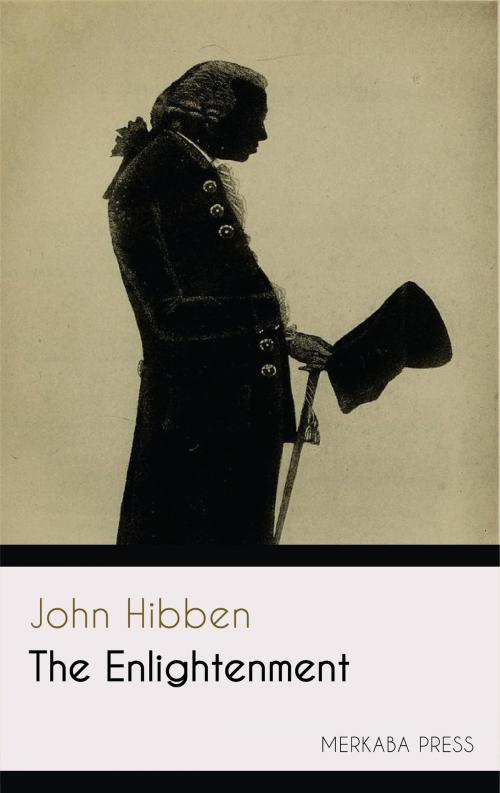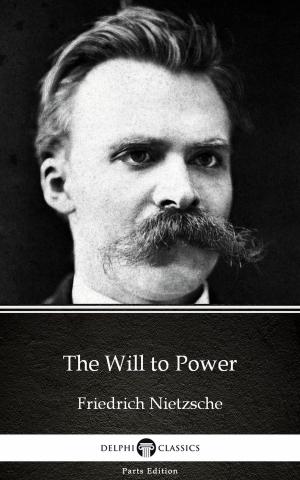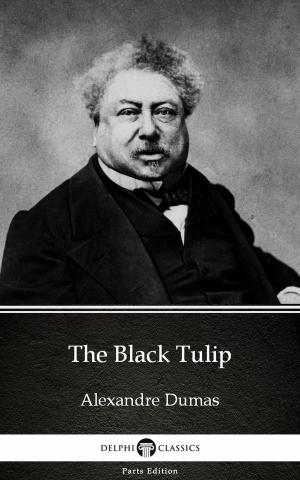| Author: | John Hibben | ISBN: | 6610000025275 |
| Publisher: | PublishDrive | Publication: | August 8, 2017 |
| Imprint: | Merkaba Press | Language: | English |
| Author: | John Hibben |
| ISBN: | 6610000025275 |
| Publisher: | PublishDrive |
| Publication: | August 8, 2017 |
| Imprint: | Merkaba Press |
| Language: | English |
THE age of the Enlightenment has a peculiar interest and value for the student of the history of philosophy. The philosophical output of this period is unusually rich and significant, embracing as it does the classical writings of Locke, Berkeley, Hume, Leibniz, Rousseau and Kant, and therefore may well be studied for the material which these separate contributions severally contain. But, more than this, the eighteenth-century philosophy is a period in which a great movement of thought is exhibited, and that, too, on a large and conspicuous stage. England, France, Germany form its settings. It begins with Locke and is completed in Kant. And whatever significance Kant may possess for the philosophical world to-day attaches also to this period, for this period served to open the way for the critical philosophy of the great master which is its appropriate culmination.
Moreover, the practical influences of the philosophical discussions of this age are of such extent and importance as to engage the attention of the ordinary reader of history, as well as that of the more special worker in the field of philosophy. In England religious controversy, political theory, and moral standards were profoundly affected by the philosophical tendencies of the day; in France the social and political doctrines became involved with the philosophical, and they were not without a dominating influence upon the popular mind, not only throughout the period preceding the French Revolution, but also during the years of its progress as well; in Germany the same tendencies manifested themselves in theological controversy on the one hand, and in the quickening of poetical insight and interpretation on the other, so that poets became philosophers, and philosophers became poets. The movement of philosophical thought in this age, moreover, is typical of great movements of thought generally, and in this aspect is both illuminating and suggestive as a representative historical study. The tendencies which here prevail, the characteristic differences in point of view, as well as the complementary relation of opposed opinions, are all repeated again and again in the various political, social, religious, moral, and philosophical controversies which emerge through every significant period in the history of thought.
THE age of the Enlightenment has a peculiar interest and value for the student of the history of philosophy. The philosophical output of this period is unusually rich and significant, embracing as it does the classical writings of Locke, Berkeley, Hume, Leibniz, Rousseau and Kant, and therefore may well be studied for the material which these separate contributions severally contain. But, more than this, the eighteenth-century philosophy is a period in which a great movement of thought is exhibited, and that, too, on a large and conspicuous stage. England, France, Germany form its settings. It begins with Locke and is completed in Kant. And whatever significance Kant may possess for the philosophical world to-day attaches also to this period, for this period served to open the way for the critical philosophy of the great master which is its appropriate culmination.
Moreover, the practical influences of the philosophical discussions of this age are of such extent and importance as to engage the attention of the ordinary reader of history, as well as that of the more special worker in the field of philosophy. In England religious controversy, political theory, and moral standards were profoundly affected by the philosophical tendencies of the day; in France the social and political doctrines became involved with the philosophical, and they were not without a dominating influence upon the popular mind, not only throughout the period preceding the French Revolution, but also during the years of its progress as well; in Germany the same tendencies manifested themselves in theological controversy on the one hand, and in the quickening of poetical insight and interpretation on the other, so that poets became philosophers, and philosophers became poets. The movement of philosophical thought in this age, moreover, is typical of great movements of thought generally, and in this aspect is both illuminating and suggestive as a representative historical study. The tendencies which here prevail, the characteristic differences in point of view, as well as the complementary relation of opposed opinions, are all repeated again and again in the various political, social, religious, moral, and philosophical controversies which emerge through every significant period in the history of thought.















